MedTOWN: Social & Solidarity Economy, a preferred partner for local administration in the Mediterranean countries
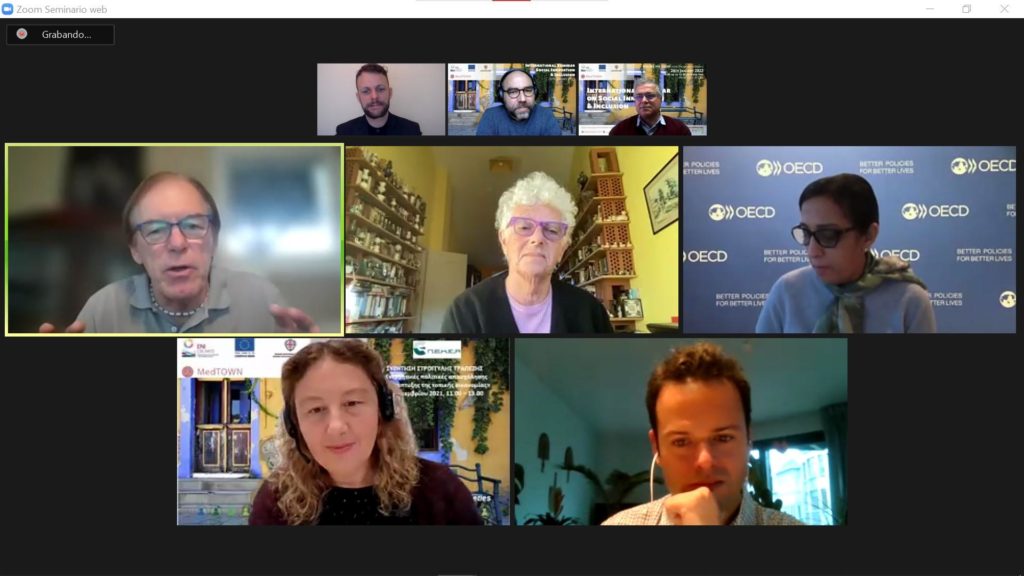
The Greek city of Thessaloniki hosted on 26th January 2022 MedTOWN online ‘International Seminar on Social Innovation and Inclusion’, attended by more than 200 participants from 10 countries.
“The importance of improving the regulatory and policy framework that enable the Social and Solidarity Economy to be a preferential partner for local governments, means improving the social and environmental impact of its policies”. José María Ruiberriz de Torres, Social & Solidarity Economy Focal Point of the Assembly for Cooperation for Peace (ACPP), concluded with this essential idea the online ‘International Seminar on Social Innovation and Inclusion’, organized by MedTOWN project on ‘Co-producing social policies with Social and Solidarity Economy (SSE) actors to fight poverty, inequality & social exclusion’ last 26th January.
The event was structured as a dynamic debate and short interventions. It started with the presentation of the seminar by Yiannis Tsukaldis, National coordinator of MedTOWN Project in Greece & member of the Scientific Society for Social Cohesion and Development (EPEKSA). The institutional opening was given by Fabrizio Paloni, coordinator of the Joint Technical Secretariat of the ENI CBC Med Programme; and Nikolaos Mposinakos, Head of the registry of Social and Solidarity Economy entities of the Ministry of Labour and Social Affairs of Greece.
Mikael Leyi, Secretary General of SOLIDAR & SOLIDAR Foundation, delivered the keynote speech. He stressed the importance of the participation of European civil society and citizens in the design of the policies to be implemented, so they really improve people’s social and economic situation. He also highlighted the negative effects of the COVID-19 pandemic, which has not affected everyone in the same way, reinforcing the idea that the social and solidarity economy has an important role to play in generating new products and policies that can inspire public authorities to promote new and better social policies, especially focused on vulnerable groups.
Social innovation & public policies in the Mediterranean
The first panel “Social innovation & public policies in the Mediterranean” was conducted by Georgia Karavangeli, director of MedTOWN project in Assembly for Cooperation for Peace (ACPP). For an hour, the discussion focused on how social innovation models affect public policy at different levels. Profound and diverse, it featured reflections from a global perspective on a worldwide scale by high experts like Vic van Vuuren, Chair of the UN Inter-Agency Task Force on Social and Solidarity Economy (UNTFSSE); Judith Hitchman, Joint Coordinator of the Intercontinental network for the promotion of social solidarity economy (RIPESS) & delegated by Urgenci’s International Committee; Amal Chevreau, Policy Analyst in Social Economy & Innovation Unit of the Center for Entrepreneurship, SMEs, Regions and Cities in the OECD; and Victor Mesegué, Director of the Social Economy Europe. They examined the current state of these policies from the different perspectives of the agents and organizations involved in the development of the Social and Solidarity Economy in the Mediterranean countries.
The most important conclusions of the seminar were the importance of transforming political momentum into action, put in place the framework conditions and implement policy and social innovation within the priorities of the local context. Also, we should amplify the impact of SSE through the creation of networks and the sharing of experiences by peer learning partnerships, listen to the networks, promote bottom up approaches and improve access to finance.
Projects & solutions. Affecting policy from project experimentation
The second panel “Projects & solutions. Affecting policy from project experimentation” hosted by José María Ruibérriz, addressed the question of how experimentation at project level is able to change the delivery of public services.
It began with the presentation on “Legal-political frameworks promoting Social and Solidarity Economy in the Mediterranean Region. A comparative cartography” by Antonio Almansa, from the Municipalist Foundation for Solidarity (MUSOL), an outline of the study they are developing for MedTOWN project.
The challenges and solutions implemented by the social innovation & inclusion projects MedTOWN, MedUP, MoreThanAJob, InnovAgroWoMed, SIRCLES & Aquacycle, were then discussed including aspects as co-production, social entrepreneurship, women’s empowerment, reinforcing people at risk of social exclusion, using sustainable management of waste & wastewater to engage communities, and, of course, circular economy, to create an enabling environment for Social and Solidarity Economy (SSE) initiatives to flourish in the Mediterranean region.
The conversation closed with the introduction of MedRiSSE capitalisation project, which aim is to take up the baton to enhance the value of these projects among others, as replicable innovations of SSE in the provision of services & creation of decent jobs in the post covid-19 crisis recovery.
The event was an important milestone in bringing together the actors involved, to establish framework conditions and implement policy and social innovation within the priorities of the local context. The seminar has been an opportunity to foster dialogue, exchange opinions, deepen the knowledge and find synergies. Full videos are available at MedTOWN channel in YouTube. Next steps to continue the conversation will be held in the Community of Practice (CoP).
This article is part of MedTOWN newsletter. If you want to receive news about the project, suscribe to our newsletter here
You can contact us through: medtown@acpp.com or follow @medtownproject on our social media: Facebook, Instagram, Twitter
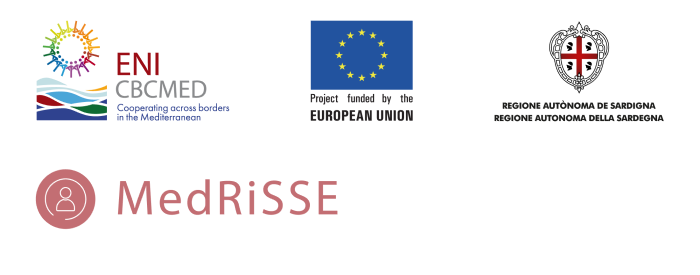
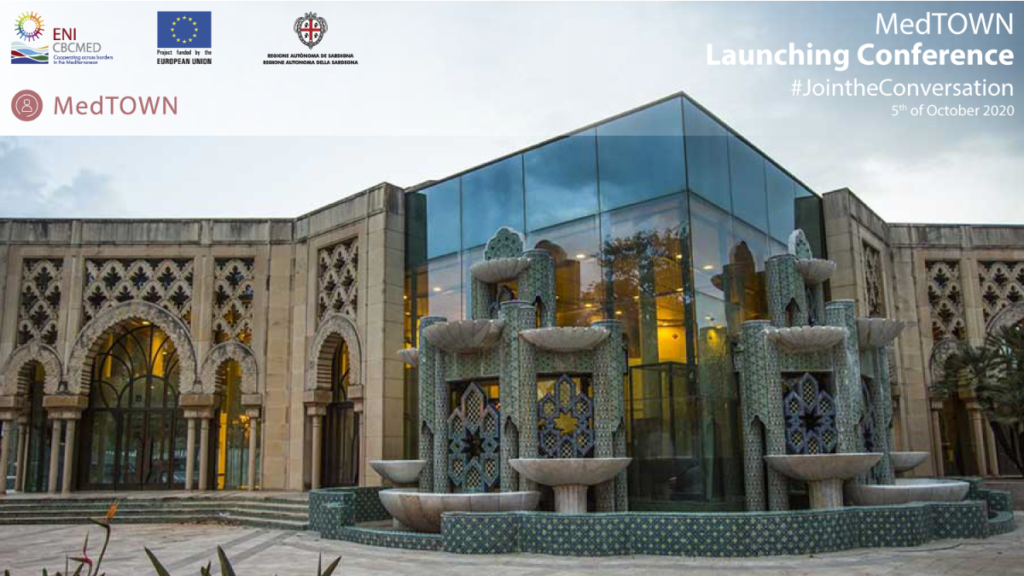
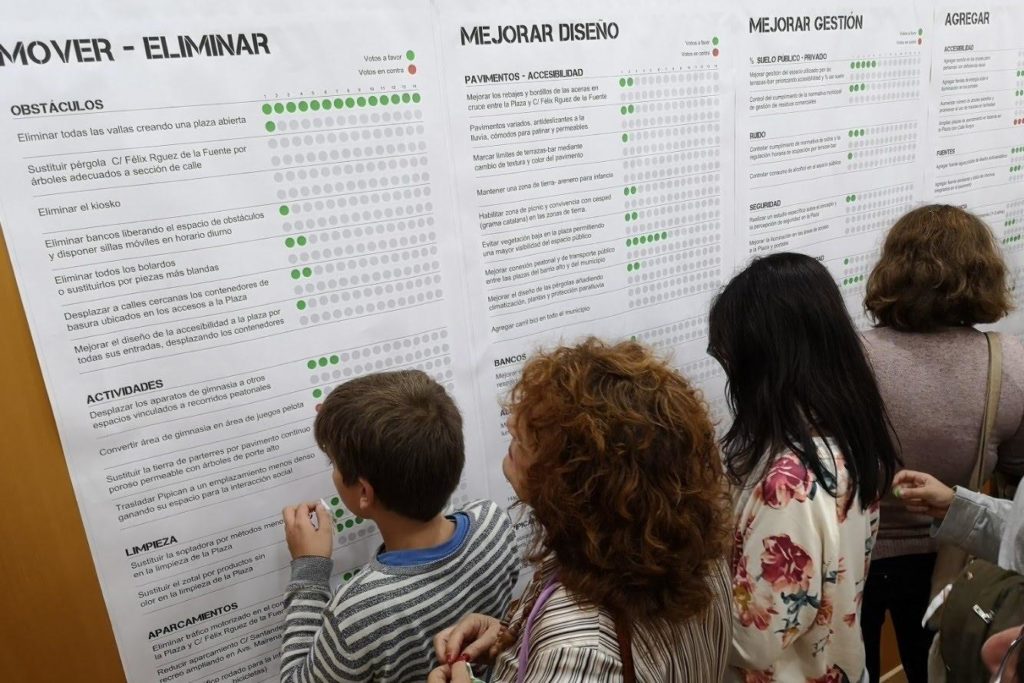
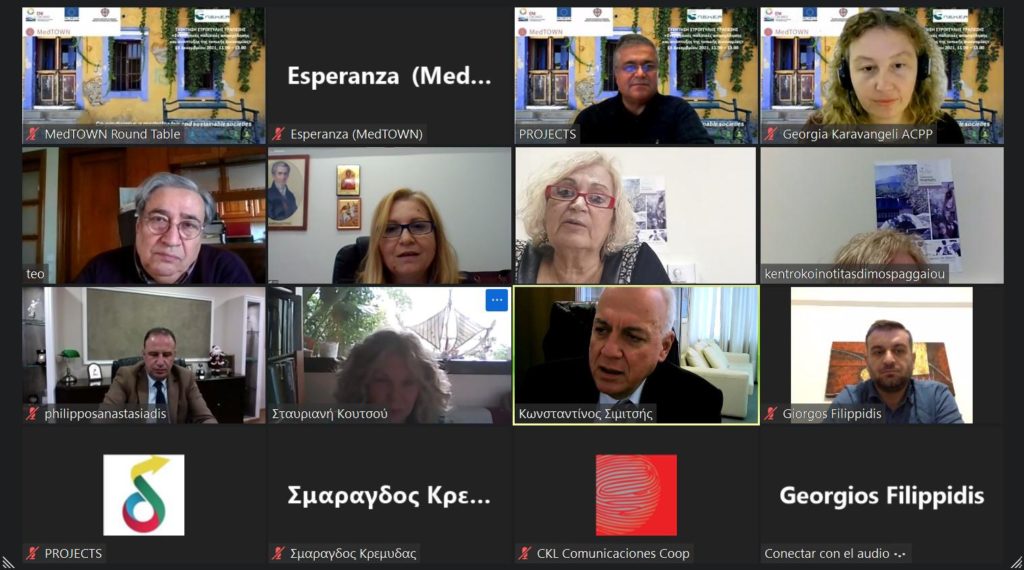
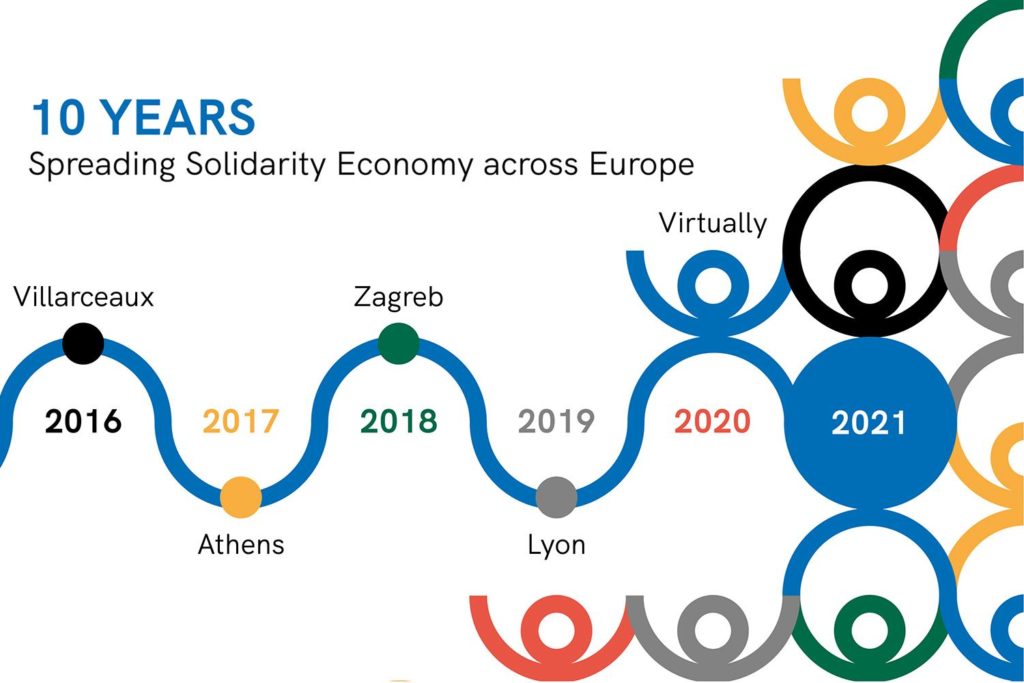
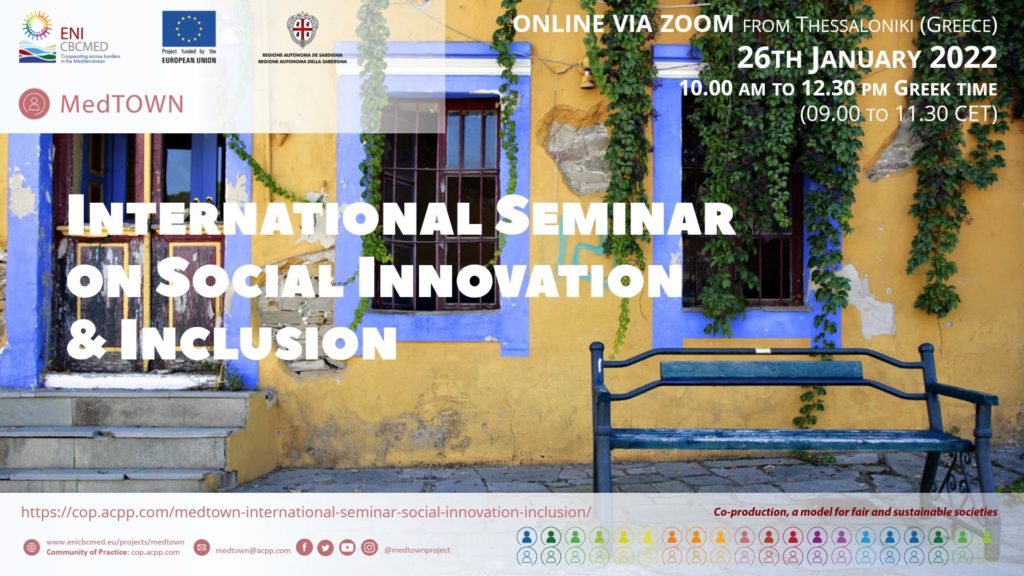
Responses